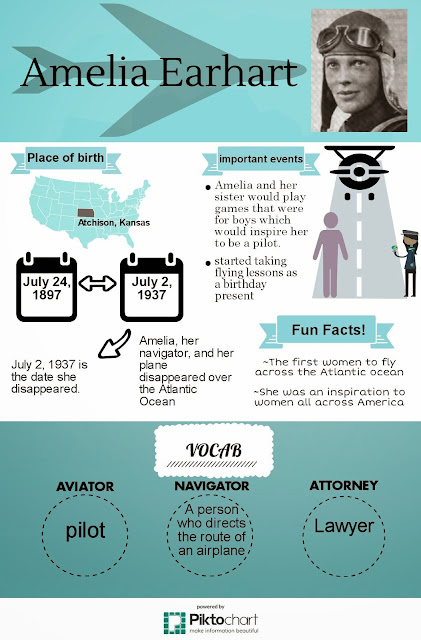One of the best ways to be able to sit back and honestly take a good look at your teaching is to have the students complete an evaluation on you. So I do. I ask them questions such as...
What was your favorite activity we did this year?
What was your least favorite activity we did this year?
What is one thing you would change about Social Studies if you could?
Is this teacher willing to admit his/her mistakes?
Do you trust this teacher?
I don't want questions that will only give me good feedback. I want honest feedback from my students so I can see what I'm doing well and where I can make some changes. And I take it seriously. Student responses has lead to some good changes I have made for my classroom over the years.
My favorite question on the evaluation is, "what advice would you give to new 7th graders on how to be successful in Mrs. Weber's class?"
I get some great responses on this one. Great advice for next years' group of kiddos. The best part??? The advice they give is mostly the same things I would say (except for one). For some reason, it means more coming from the kids. Those who have experienced my classroom.
I thought I would post the top 5 pieces of advice given from former students. This is great information, not only for students, but also parents of the newbies in my room.
1. Don't Miss Class:
"Never miss a day! You'll get behind and that makes it hard."
Great job former students!!! I couldn't agree more. We do SO MUCH in one day in this classroom. There are just some things that can't be made up or recreated. Students who miss, will typically have MORE work to do and it will be HARDER than what was done in class that day.
This does not meant hat I purposely try to make things more difficult for students who miss class. It simply means that the student misses out on things we do together as a class, with their teams, or discussion that might make things easier.
2. Be ready to participate!
"I would defiantly tell them to speak up and get involved in the lessons. There aren't many classes where you can speak up during the lessons and becoming involved just makes it more funny"
This should be a "no-brainer." Students must be an active participant in their own learning. We will do teamwork, group discussions, and active activities in this room. Kids have to be a part of it. Everyone is expected to do their part.
3. Use class time wisely:
"Finish your work in class when she gives you time in class to do it. So that means don't mess around in that class or you will have homework on there because you wasn't working on it you was talking to friends or goofing off."
I am not a big believer in homework. I don't think students should have hours and hours of work to do each night and I NEVER give them a blank worksheet at the end of class and expect it to be complete the next day. I will always give some time in class to complete work. The only homework students should have is just to finish something they started in class. Rarely will that ever be longer than 20 minutes.
The two exceptions to this is if someone was absent (see advice #1) or if that student chose not to use the class time given. This does happen and when I notice it I try to point out that this is a life lesson. If I choose to waste time during my planning period instead of grading papers, creating lessons, making copies, answering emails, or the other hundred things on my to-do list I have to take it home and finish it.
4. Everything is important:
"ALWAYS PAY ATTENTION or you will miss something and that's not good because everything counts! "
This is why I ask my students to give advice. This is one of those things that I know is true about my room, but I don't necessarily say it in those words. This is perfect. Everything we do in class is either something that leads to a bigger activity, another assignment, and/or a test or project. Everything!
5. Have fun and be willing to learn!
"To have fun, be creative, use time wisely and you'll have no homework, show PRIDE and you'll have a blast!"
"Be ready and be creative in your projects!"
"Don't be boring"
I couldn't have said it better myself! Here's to another great year!
Interested in having your students evaluate you?? (You should...) Here is a great link where I got most of my questions.






























